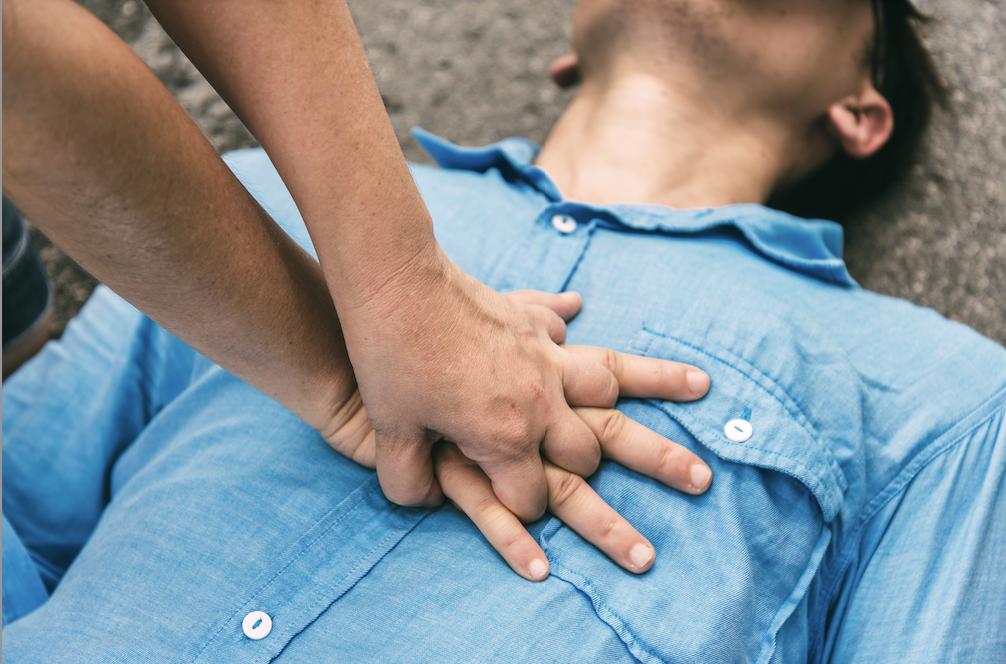Time to read : 3 Minutes
Are You At Risk Of A Heart Attack?
Most people are generally aware of the symptoms of a heart attack, but do you think you could identify them if you were having a heart attack?
The recent high-profile deaths of cricketer Shane Warne and Labor senator Kimberley Kitching – both from heart attacks at age 52 – have highlighted the need for wide public awareness of the symptoms of cardiac arrest.
What you need to know
According to the Heart Foundation, the most common symptoms that precede a cardiac event include: chest pain or discomfort, dizziness or feeling light-headed, nausea and vomiting, difficulty breathing or shortness of breath and excessive sweating.
🫀The Australian Institute of Health and Welfare says that 571,000 Australians over 18 or 2.9% of our population have self-reported coronary heart disease (CHD).
😭 Heart disease kills twice as many women as breast cancer, with about 40% of their heart attacks being fatal. Women suffering serious episodes are also twice more likely than men to die six months after their hospital discharge.
🚑 Most of us probably assume that if we were to suffer a heart attack, we’d be able to identify the symptoms quickly and call an ambulance. But that might not be the case.
🔎 A study from the Royal Australian College of Physicians (RACP), published in The Internal Medicine Journal, has found that almost half of people aged 35 and over were not confident in their ability to recognise symptoms of impending cardiac risk while participating in strenuous exercise.
“Although regular exercise improves health, strenuous exercise causes a transient increase in cardiac risk,” says Professor Geoffrey Tofler, lead author of the study
The risks are elevated when accounting for participants with pre-existing risk factors like hypercholesterolaemia, hypertension, smoker status, weight issues and family history of heart disease.”
One in five respondents said they had experienced potential cardiac symptoms in the preceding 12 months, but only a quarter (24.4 per cent) sought medical attention.
The research team found one third of respondents would be embarrassed if they presented at hospital with heart attack symptoms, but which turned out to be a false alarm.
What you can do
Sadly, heart disease kills one person every 18 minutes or 79 people every day.
In event of a heart attack, the Heart Research Australia says:
Don't waste time.
Dial 000 and ask for an ambulance.
Inform the operator of a possible heart attack.
Give the victim an aspirin, if they aren't allergic.
Encourage the patient to rest while you wait for the ambulance.
If an ambulance can't come promptly (e.g. you live in a regional area), contact the nearest hospital, clinic or person's doctor for advice.
The bottom line
Each year approximately 54,000 Australians have heart attacks. The trouble is that they either don't know they are having one or they seek help too late.
Watch for the signs, act quickly and get help early.
❤️ Update your CPR and first aid – and – find out where you nearest defibrillator is. Early access to one can increase a patient's survival by up to 70%.
This article is republished with permission from Your Life Choices. Read the original article.
Financial Disclaimer:
